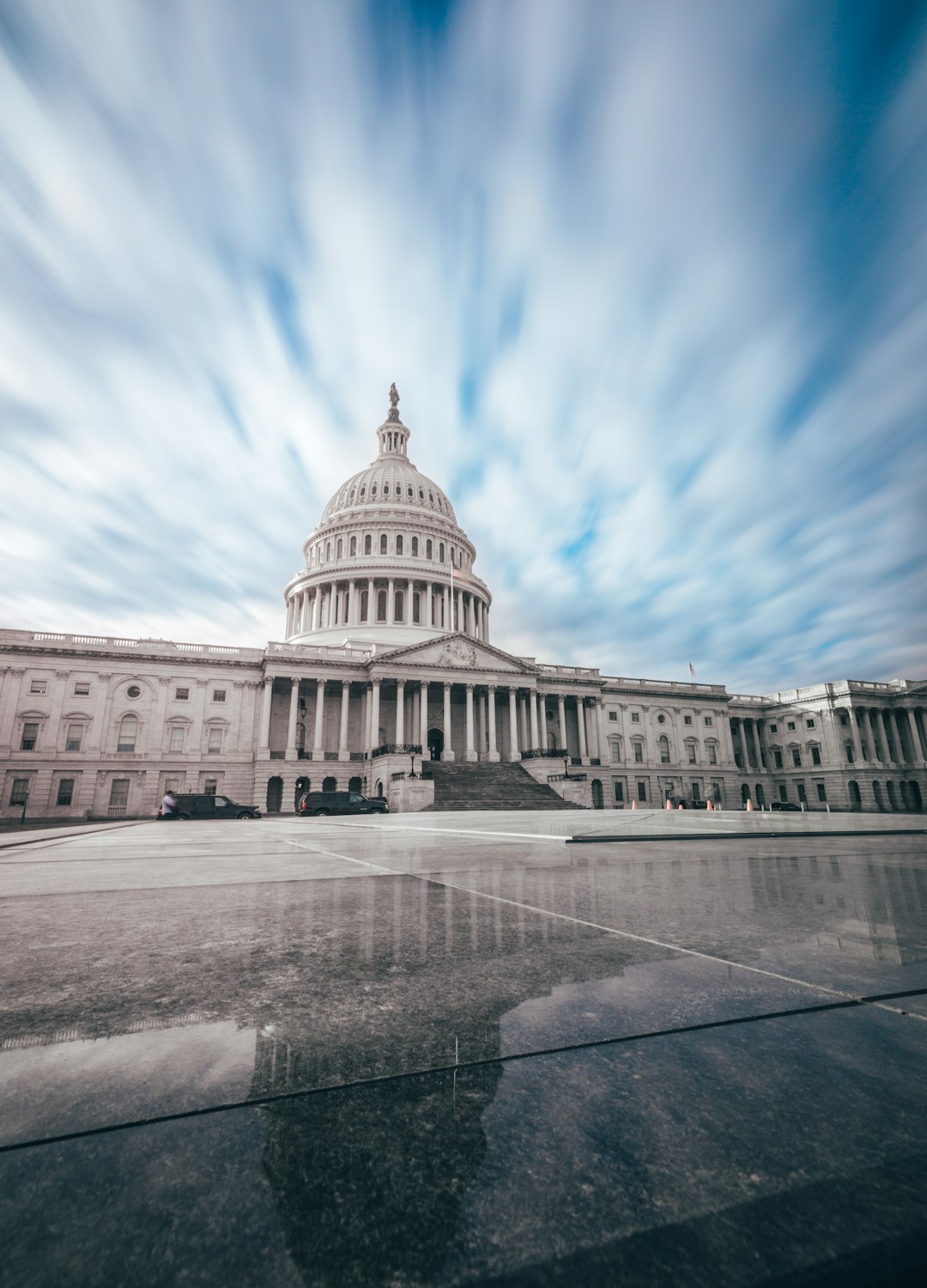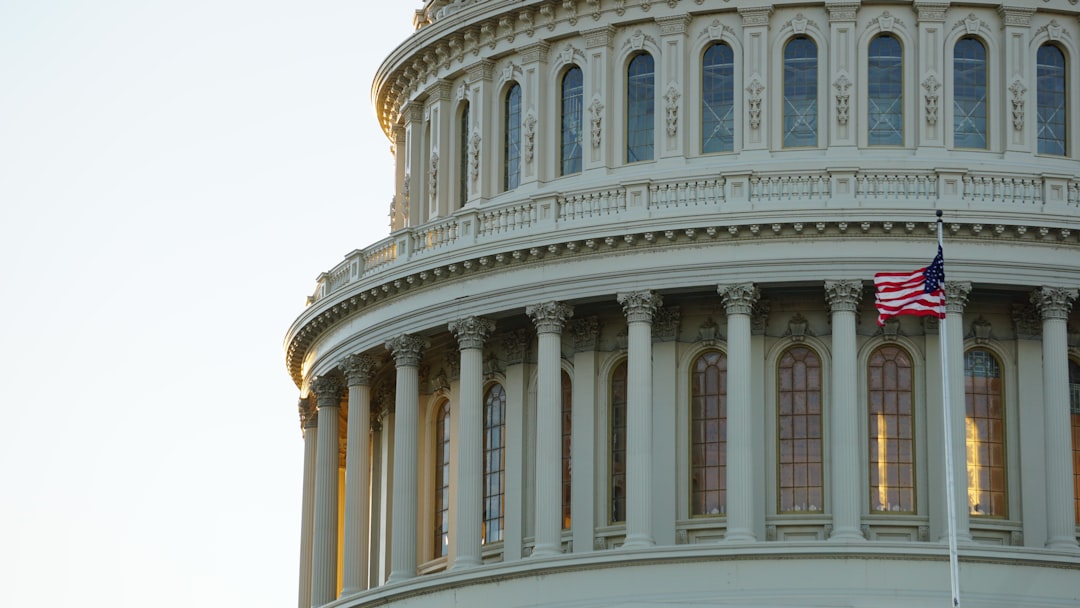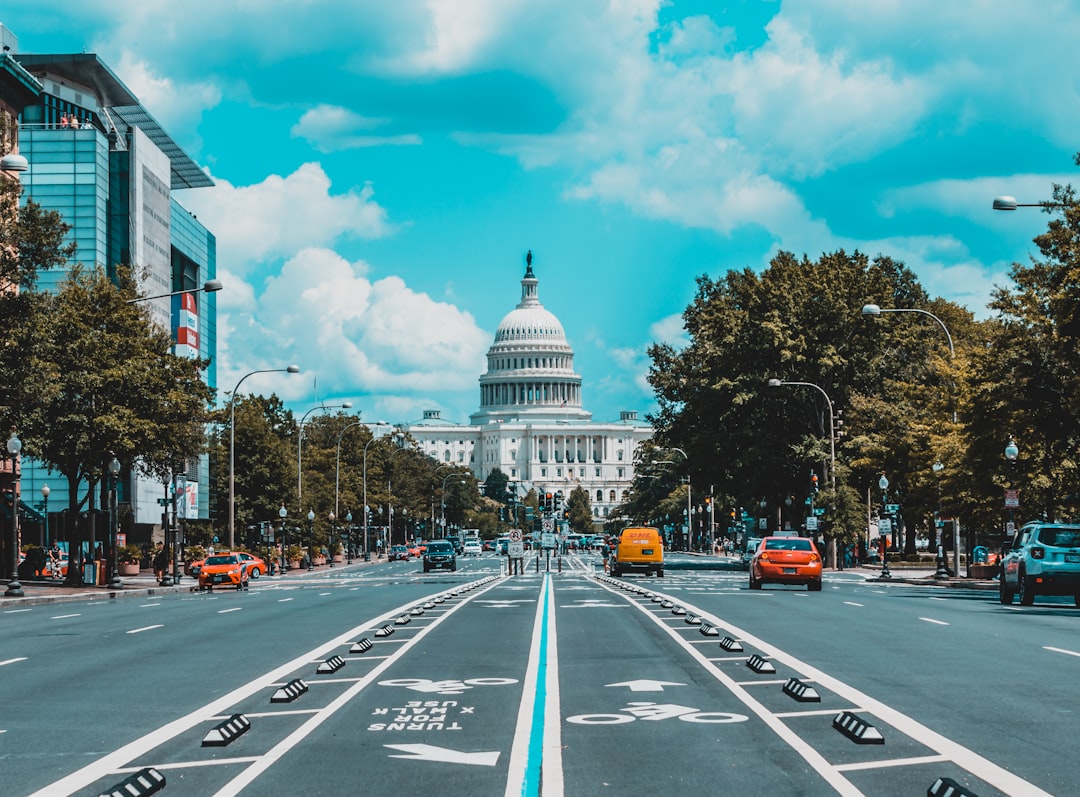In Washington, as across the nation, hazing and sexual assault pose significant challenges for students. This article delves into these pressing issues, focusing on understanding hazing dynamics and their legal implications, exploring the prevalence of campus sexual violence, highlighting advocacy groups’ crucial roles in support and prevention, and examining legal strategies for victims seeking justice and healing. For those considering a legal approach to combat hazing abuse, this guide offers valuable insights from experienced Washington hazing abuse attorneys.
Understanding Hazing and Its Legal Ramifications in Washington

Hazing, often associated with youthful antics or fraternity rituals, can have severe legal ramifications in Washington state. It’s crucial to understand that any act intended to cause fear, humiliation, or physical harm with the intent to initiate, promote, or enhance membership in an organization is considered hazing and is illegal. This includes various forms of abuse, such as physical assaults, sexual misconduct, or psychological torture, which can lead to significant legal consequences for perpetrators.
In Washington, hazing abuse attorney play a pivotal role in advocating for victims and holding offenders accountable. These attorneys specialize in navigating the complexities of state laws pertaining to hazing and sexual assault, ensuring that victims’ rights are protected. They assist individuals who have suffered hazing-related traumas by providing legal counsel, supporting them through the criminal justice system, and pursuing just compensation for their suffering.
The Prevalence of Sexual Assault on College Campuses

College campuses across Washington state have been grappling with a significant issue: the prevalence of sexual assault and hazing abuse. Studies show that one in five women and one in seventeen men will experience sexual violence while in college. These alarming statistics highlight the urgent need for comprehensive prevention programs, stringent policies, and robust support systems on campus.
The impact of sexual assault extends far beyond the immediate trauma, affecting academic performance, mental health, and future prospects. Hazing, often linked to fraternity and sorority life, can also take various forms, including psychological manipulation, physical harm, and exploitative rituals. A hazing abuse attorney in Washington plays a crucial role in advocating for victims, ensuring they receive justice, and holding perpetrators accountable under the law.
Advocacy Groups and Their Role in Support and Prevention

In Washington, advocacy groups play a crucial role in supporting victims of hazing and sexual assault. These organizations provide essential resources, legal aid, and counseling services for those affected by such incidents, especially on college campuses and within social clubs. Many hazing abuse attorneys in Washington are actively involved with these advocacy groups, offering their expertise to ensure justice and prevent future occurrences.
The presence of dedicated advocacy groups helps raise awareness about the severity of hazing-related issues and promotes education among students and community members. They organize workshops, campaigns, and events to inform people about their rights and the legal consequences of hazing and sexual assault. By fostering a culture of prevention, these groups contribute significantly to safeguarding individuals from potential harm and creating safer environments in Washington.
Legal Strategies for Victims Seeking Justice and Healing

Victims of hazing-related sexual assault in Washington have legal options available to seek justice and begin their journey towards healing. The first step is to report the incident to local law enforcement, who can investigate and gather evidence to support the victim’s case. Many states, including Washington, have laws specifically addressing hazing and its severe consequences, offering a framework for prosecution. Engaging the services of an experienced hazing abuse attorney in Washington is crucial; these legal professionals can guide victims through the complex justice system.
An advocate can help navigate the legal process, ensuring the victim’s rights are protected and their story is presented effectively. They can assist with filing criminal charges against perpetrators and even pursue civil lawsuits for damages, providing financial compensation and a platform for public accountability. Legal strategies may also include seeking therapy services or trauma support to aid in the healing process, recognizing that justice and emotional well-being go hand in hand.






